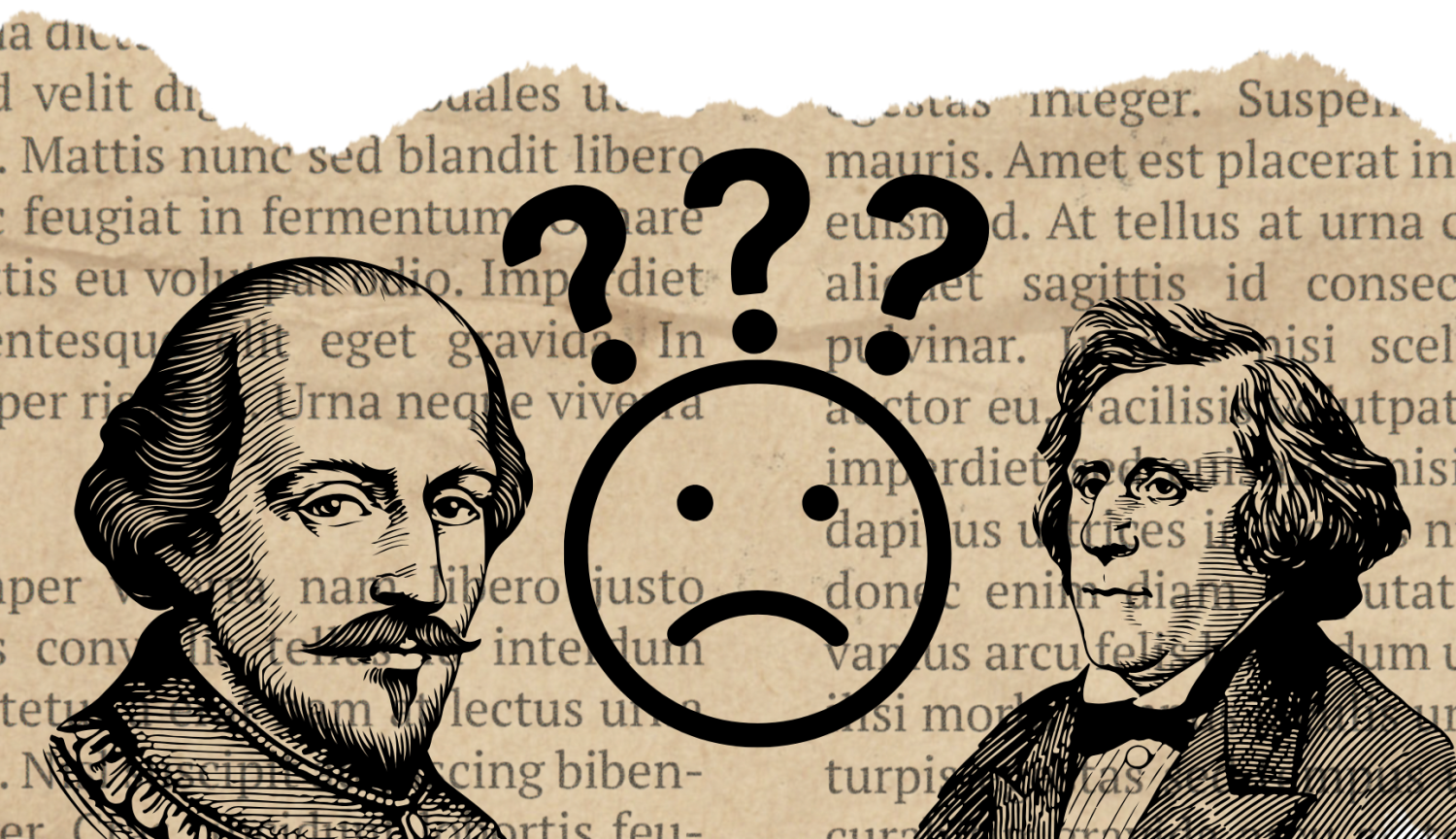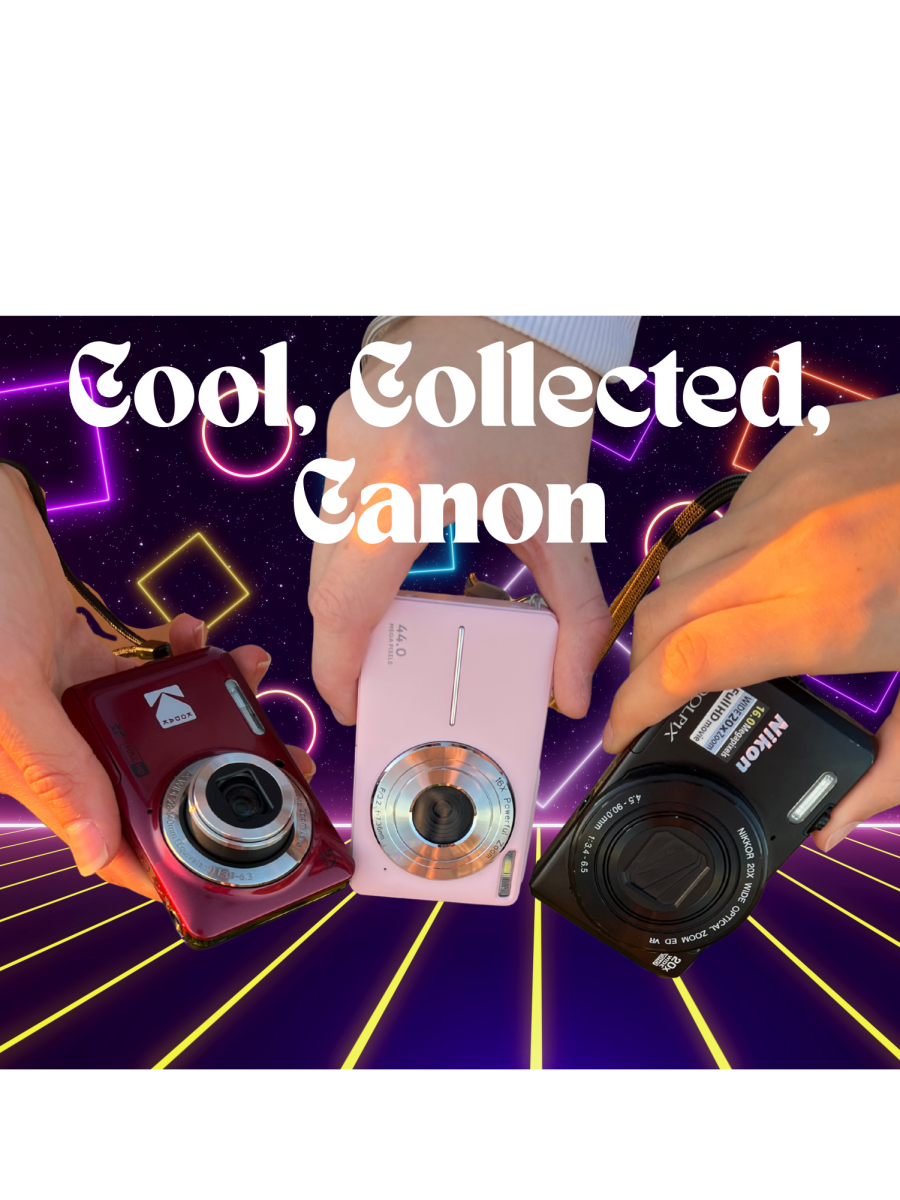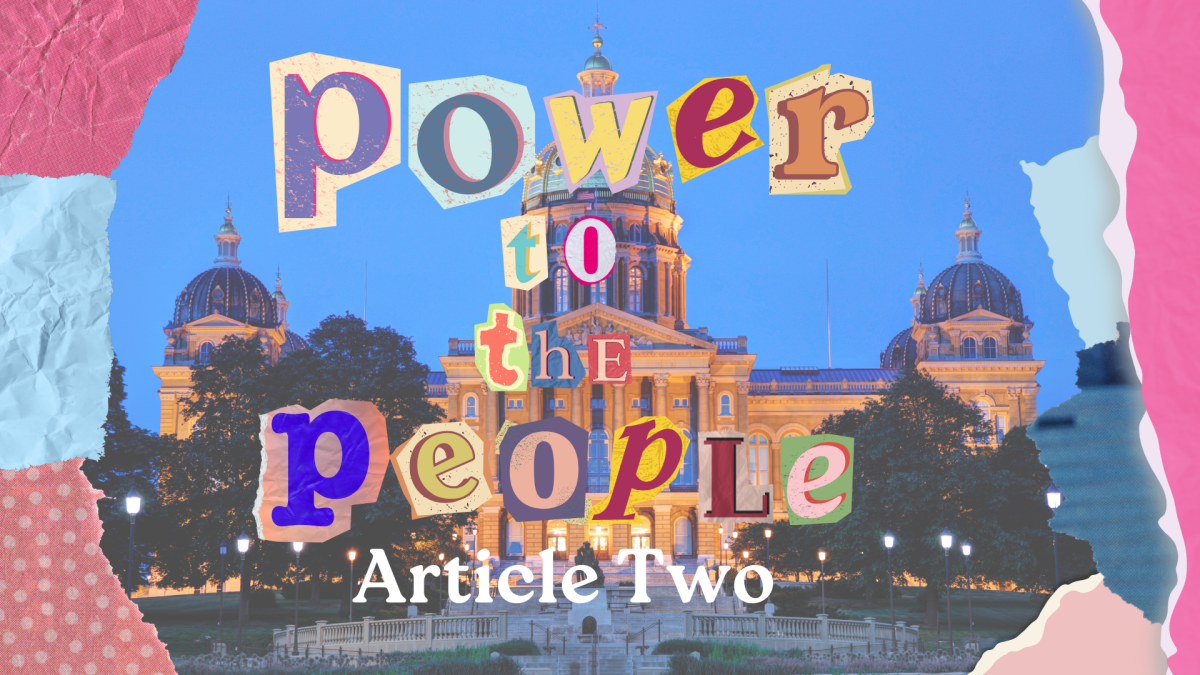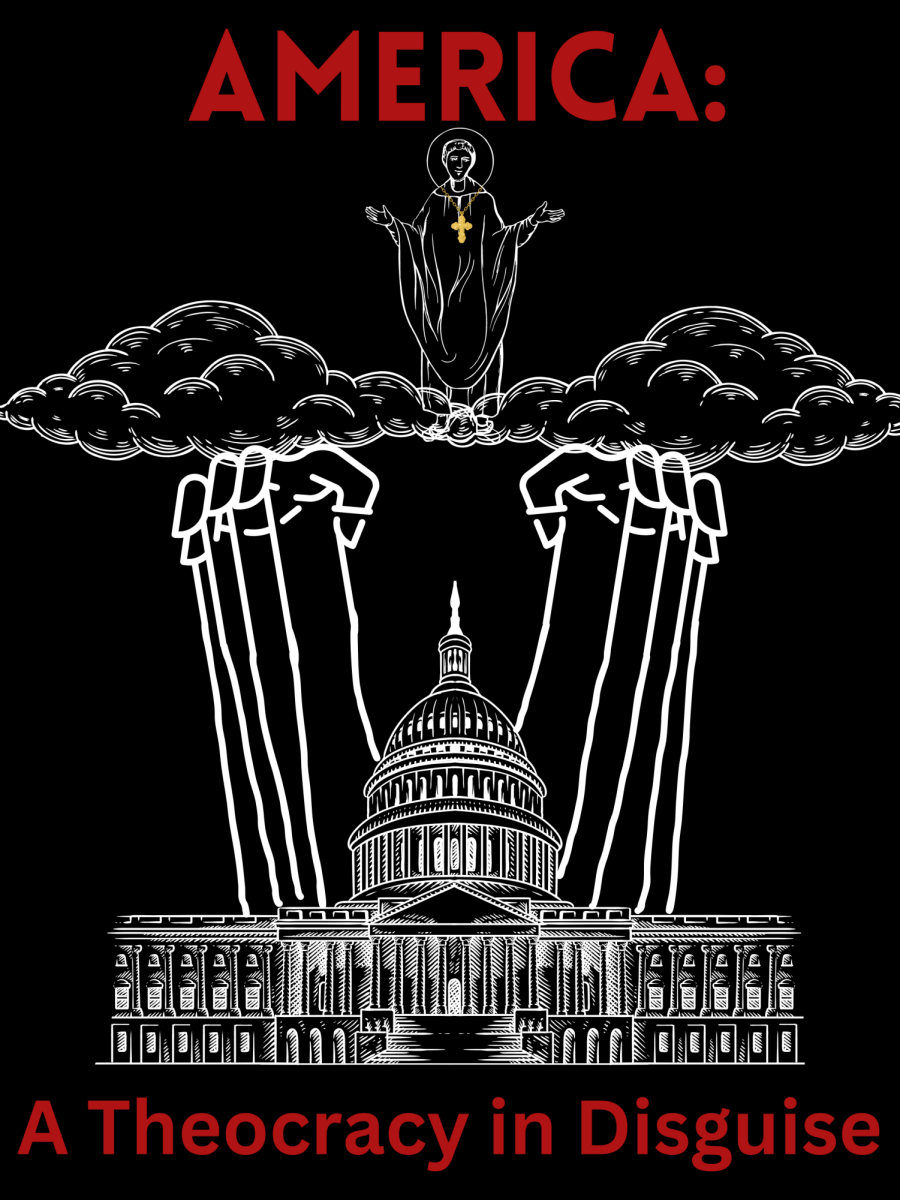A paper lies on the desk in front of me. A haiku, simple enough in meaning, but I know what it truly hides. My English teacher walks into class, and my least favorite unit begins: text analysis. Do imaginary words truly make Alice in Wonderland feel more “wonderland-ish”? Do students need to be able to tell why the use of horses represents depression? These questions, and more, have led me to believe it is necessary to take a stance against the analysis of texts of all kinds.
Let me preface this article by saying that I’m not writing this to convince you to boycott your Language Arts curriculum. I write this, entirely in a manner to be taken lightheartedly and with a healthy dose of eye rolls, because every year my English class spends weeks upon weeks analyzing four stanzas, and I can’t stay quiet any longer. This is only the opinion of one person, and you are entitled to think that I am disgustingly wrong.
In Goodnotes, I’ve made pages of colorful, scribbled margins that I now laugh at and couldn’t care less about. Odysseus saves his crew for 10 years, but sacrifices them to see his wife and son again? Simp move, bro. Romeo and Juliet profess their love with roses and suns- dramatic much?
This isn’t a totally agreed-upon stance, though. Kristi Buhr, a tenth grade Advanced English teacher, shared her views.
“Talking about the meaning of stories makes them more fun and interesting. It also makes us better readers,” Buhr said.
I’m sure I could interview every English teacher in this school to raise a fair defense, but my question is, do the students agree? Believe it or not, I found one student who does.
“Media literacy is based on the ability to look at texts and other forms of content analytically. The idea that this skill is unimportant in today’s world feeds heavily into the idea of anti-intellectualism. One does not get the choice to be affected by things like senate files, so people have to be able to analyze documents, at least on a surface level, in order to keep the world afloat,” Cecelia Freeman ‘27 said
But then again, any person who can accurately use the word ‘anti-intellectualism’ is probably too smart to be quoted in this biased opinion piece written by a teenager who thinks she’s witty. Might I add, I am technically breaking an unspoken rule of journalism by quoting a staff writer, Freeman, in an article because I simply could not find another student who agreed with this stance.
As dramatic as it sounds, can I just say I dread poem analysis? Every year, in the middle of the first semester, I’m placed in my seat with a haiku more confusing than Japanese being spoken with a southern accent. To explain it best to people who don’t understand that reference, it feels like, to quote the great John Mulaney, “a horse is loose in a hospital, it’ll probably all be okay eventually, but I have no idea what’s going to happen next.”
I will bend my opinion here and say there are times when it’s important to have this identifying skill. For example, understanding things like: simile, hyperbole, analogies, and oxymorons, which authors use satirically, is vital. So, if an author states that it’s raining cats and dogs, the average high school student should be able to laugh it off as an idiom.
However, there are many occasions, like with Lewis Carroll’s poem “Beware the Jabberwocky” in which Carroll writes things like “O frabjous day! Callooh! Callay!” and “All mimsy were the borogroves.” These words often make me tilt my head a little with an anticlimactic huh.
Literary scholars can argue that Carroll uses nonsensical language as precariously crafted evidence to highlight the obscenity of Alice’s new world. I think the “anti-intellectualism” girl would fit in with these people (no hate on you Freeman… I need you to fix my commas).
Many times, students braver than I become fed up with the day’s work and choose to step back to ask the question students have asked since the beginning of time, “When will I ever use this in the real world?” In response, they get a head shake, maybe a chuckle, and a reminder that reflections are due by the end of class.
In Robert Frost’s poem “Stopping by Woods on a Snowy Evening,” he writes, ‘My little horse must think it queer…He gives his harness bells a shake.” My English teacher stands in the front of the room drawing arcs and letters for rhyme scheme, eloquently demonstrating the importance of the horse’s shake to represent Frost’s inner voice telling him to move on, but deep inside his grief holds strong as shown in the earlier stanzas. I begin to think for a moment that Shakespeare is teaching my class
Glances around the room will tell you that, while bodies are facing the board, eyes have long drifted to bright screens with Block Blast and Subway Surfers providing entertainment.
Alice Walker’s most renowned work, “Everyday Use,” dives deep into the “themes of heritage, identity, and the conflict between different perspectives on culture and tradition.” At least, that’s what ChatGPT tells me.
Personally, reading this text, I can underline repetition in pretty pinks and draw hearts in the corner of pages, but when the bell rings, I walk out of class, and conversations quickly pick up around me in the halls. Rarely have I heard words like “Did you see how Dee argues with Maggie over the quilt? Man, that just hits deep.” If it counts, I once heard two girls arguing over who would turn in their analysis of this story for credit.
To garner pity, I think I should mention my mom, Jennifer Lehman. Her senior year of high school English class was an unpleasant experience, to say the least. She would be given a complex poem and have to answer 10 multiple-choice questions over something she couldn’t even begin to comprehend in ten years let alone one class period.
“Our teacher let us grade ourselves, that’s how the ‘90’s were, and I remember one boy would go up to the answer key at the front of the room and act like he was grading his paper but was really filling in his answers straight off the key! I struggled so hard to figure out the meaning in the poem, and he would cheat his way through,” Lehman said.
So maybe my trouble regarding analysis isn’t just an opinion but actually a genetic trait generations of Lehmans have had. It’s probably not- my dad’s whole job is communications and public relations, and he has no problem reading between the lines… but maybe.
Turning to authors now, what’s up with writers having their fair share of skeletons in the closet? We’re expected to be impressed or moved by people like Mr. Narcissist, Osamu Dazai, who thinly veils his self-inserts? Emo raven boy, Poe, who married his 13-year-old cousin? And don’t even get me started on Anne Sexton and her family’s continuously contradictory relationship. I will acknowledge that these examples are far extremes and these authors are but a small corner of a much larger writing world.
To look at other, better corners of the writing world, you can’t not mention icons like Langston Hughes and Maya Angelou, whose words have truly had such a significant impact on our culture. I’ve read their work before and I tip my hat off to them. Langston Hughes’ poem, “Mother To Son” is a poetic masterpiece. Every word and metaphor is like hearing Beethoven’s 5th symphony live. I’ll man up and begrudgingly admit I enjoyed even the subsequent analysis… just a little bit.
Moving past authors to my own experience, many ninth grade Advanced English students will remember the famed Romeo and Juliet unit- weeks taken going scene by scene reading good old William Shakespeare’s most famous piece. I admit I instead spent most of the unit having to defend the idea of star-crossed lovers to my 6th period class, but I digress. Looking back, though, maybe the kids were right to side eye me.
Romeo and Juliet in the present day are viewed as the proof of soulmates’ loyalty and love that runs deeper than the sea. But let’s be real, this entire play takes place over the course of three to four days. Are you trying to tell me that a couple of affluent, privileged teenagers who only have to worry whether they’re being served lamb at dinner took their own lives because of their situationship? I’m not mad, Juliet, just disappointed.
All in all, I know a lot of my writing can be marked with red pens, showing clear uses of hyperbole and analogies. So, thank you to my English teachers who strived to pass on their knowledge; your work has not been for naught (take this masterfully crafted article, for example). To write well, maybe you do have to learn how the horse represents depression and the wacky language sets up mythical worlds. Still, be it Shakespeare or Frost, has anyone asked Google AI overview yet?








